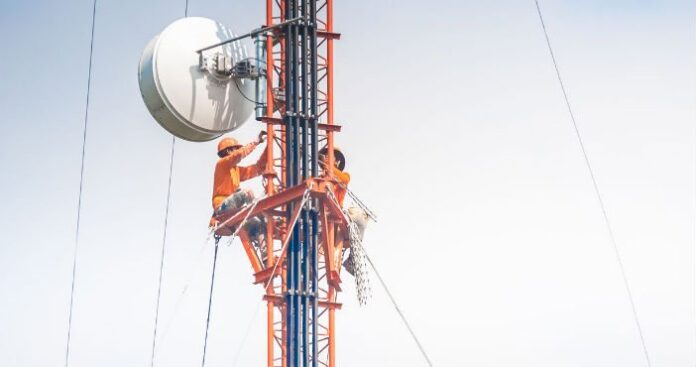Some tower crews are idle now, but the FCC is looking ahead
The timing of the next spectrum auction may partially depend on the availability of tower crews, according to the Federal Communication Commission’s Michael O’Rielly. The commissioner said he wants carriers and tower companies to share information about the expected demand for tower crews.
“I am … interested in data they can supply to the Commission in terms of what are their expected needs and demands in terms of buildout for the towers that they have coming,” said O’Rielly. “If big tower teams and the crews that work on those towers are preoccupied with other obligations, then we’re not going to be able to meet our 39-month deadline in the broadcast incentive auction. So we’re trying to time that out as best we can and I’m hoping that they can provide me data in terms of what’s expected already and what will be the future demands.”
Hundreds of Tower career opportunities await. Find your perfect fit at TelecomCareers today!
The 600 MHz incentive auctions are expected to generate two kinds of tower work. Carriers will deploy newly acquired spectrum and broadcasters will “repack” their remaining spectrum after they sell some spectrum to wireless carriers. Repacking involves reorganizing television stations in the broadcast television bands so that stations that remain on the air after the auction occupy a smaller portion of the UHF band.
Stations that stay on the air after they sell spectrum will have up to 39 months to move to new channels. This is expected to require some broadcasters to deploy new antennas, while others may need to move their equipment to new towers.
Congress has earmarked $1.75 billion for repacking, and broadcasters are worried that it could cost even more. Clearly, tower crews and tower technicians will be in demand and O’Rielly wants to make sure they will be available.
Tower climbers may find it hard to believe that the FCC is worried about a possible labor shortage when a number of them are looking for work.
“All of the turf vendors let several climbers go in mid- to late-2014,” said Ron Deese, founder and CEO of recruiter TelForce Group. Deese said the slowdown started last August, and that he is “just now seeing a return from well-established clients asking for climbers again.”
By the time the FCC begins the incentive auction, the demand for climbers may have picked up. The FCC has already pushed back the date for the 600 MHz auction once, moving the target from 2015 to 2016.

